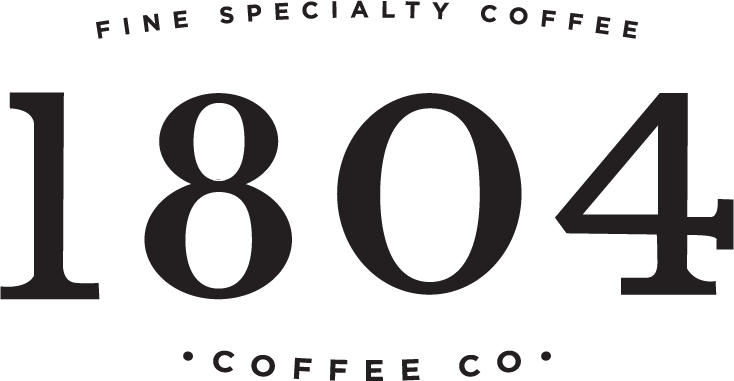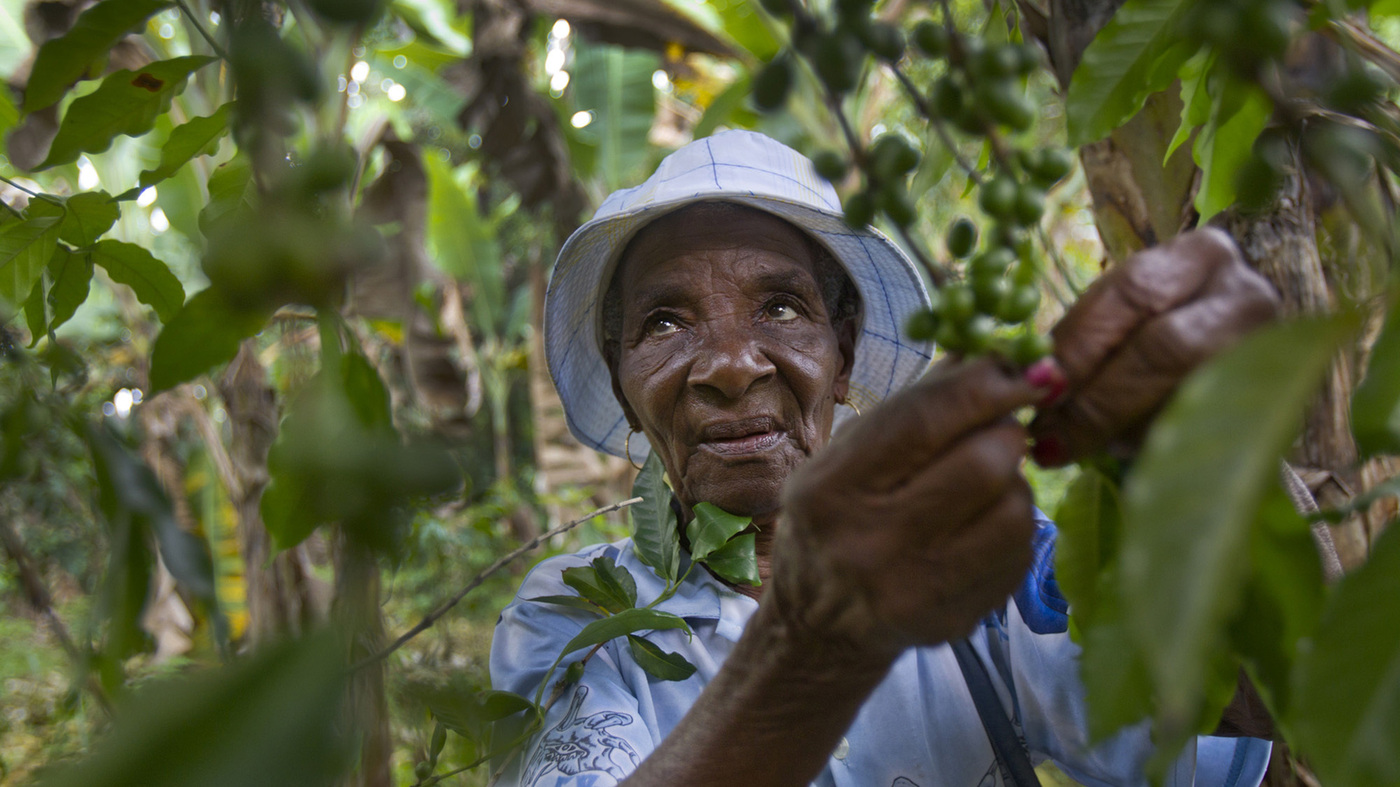“It’s not that easy”, said the cooperative manager as we sat in his office and discussed the complexities of the Haitian coffee industry, or lack thereof. I kept casting vision for how Haiti could be a premier producer in the world again, this time in specialty coffee, competing with the likes of Ethiopia, Rwanda, Kenya and other epic growing regions.
But I too know it isn’t that easy. If it were, Haiti would have long become a massive producer of coffee again. Maybe you aren’t aware, but Haiti used to produce half of the world’s coffee production. But dictators, sanctions, and the erosion of infrastructure decimated the Haitian coffee industry.
As the poorest country in the western hemisphere, coffee farmers had no other choice but to cut down plants, sell them for charcoal, and begin planting cash crops that could be consumed for daily food. Today there are just a handful of farmers in this country, who grow coffee alongside many other fruits and vegetables.
Our discussion continued to spiral downward. Low production yields, competition from the Dominican Republic, and the largest coffee drinking culture of any producing country makes it hard to get any coffee through proper production process and exported. I ask myself why I have persisted with this now for over five years. The struggle to help lift Haitian coffee farmers and their families from poverty to prosperity.
Along the way the encouraging moments have fueled our desire to continue our pursuit. My friend Chip who owns Topeka Coffee has been incredibly supportive. After every trip I make, we cup Haitian coffee and he reminds me that it’s some of the finest specialty coffee he’s tried. “Even if you just help one farmer, it’s worth it.”
And I know it is. Leaving the cooperative, and heading back into the mountains we visited a few farmers. Two of which we now are engaged in formalizing a plan to regenerate their farms in the years to come as we hope to create fantastic single origin coffees. Seeing how hard the farmers work, how much they care about the coffee, their faith in us to come alongside and help. It’s a humbling experience to know you are yolked with these men and women who have no quit in them, they simply can’t quit because for them it’s a struggle for survival.
Back to the laboratory, we cup different elevations of coffee, ranking between an 84 and 87. But it’s not simply the cupping score, it’s the unique flavor combinations that simply cannot be found elsewhere. Tasting caramel, dark chocolate and berries, through the smoothest presentation you can imagine, I am again encouraged.
Martin Luther King Jr, once said; “Human progress is neither automatic or inevitable. Every step toward the goal of justice requires sacrifice, suffering and struggle, the tireless exertions and passionate concern of individuals.”
On our last night in the mountains, we stayed in the pine forest at about 6,000 feet, fire crackling to keep us warm in the cabin, my son and I played cards with Claude our agronomist and Gilbert our handler. Gilbert reminded me how badly he wanted to see 1804 Coffee exported to the USA, as it will bring such hope for these farming communities. And we do to. We simply can’t imagine this very rare coffee dying off and the world missing out on one of nature’s finest products. You, our client are the final encouragement. We anticipate the emails and social media posts with your compliments to the farmers once you taste 1804 coffee.
It’s the beginning of harvest season but it will take us a couple months to get coffee harvested, processed and imported. We hope you will choose to sample a bag from our very first shipment of Haitian coffee in just a few months. Between now and then we hope you enjoy the posts and follow the journey of 1804 Coffee Co.



